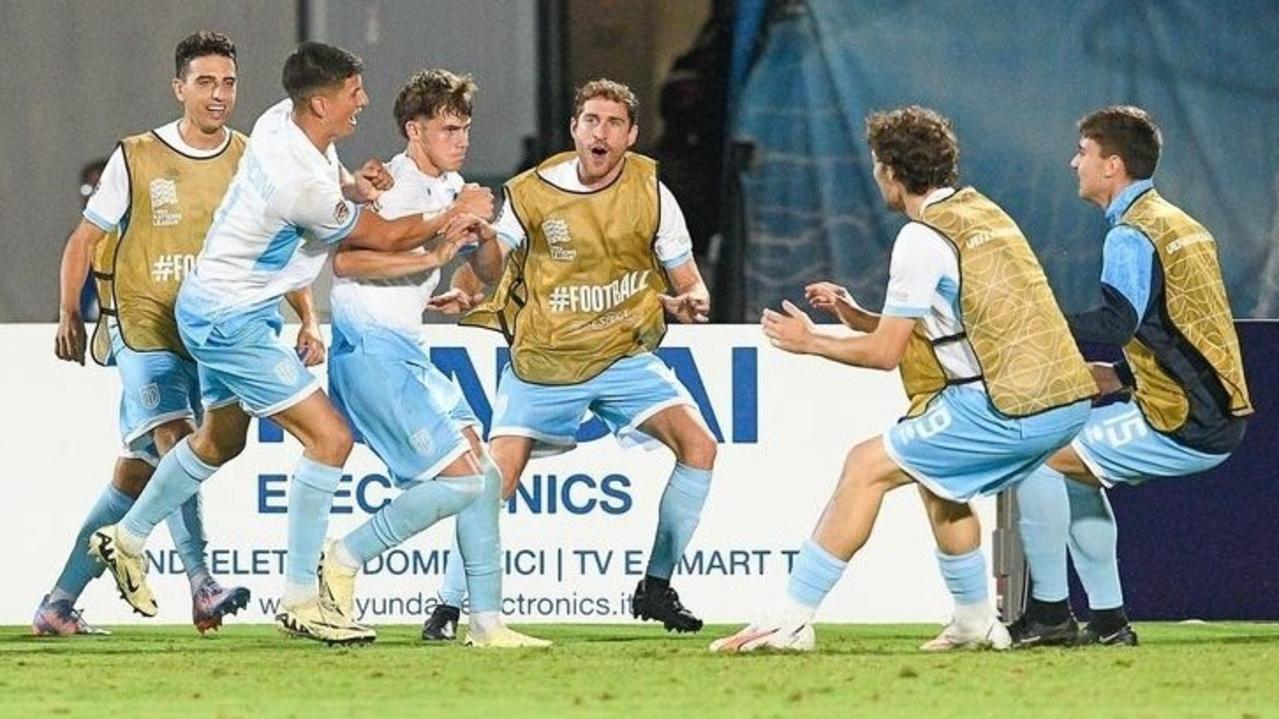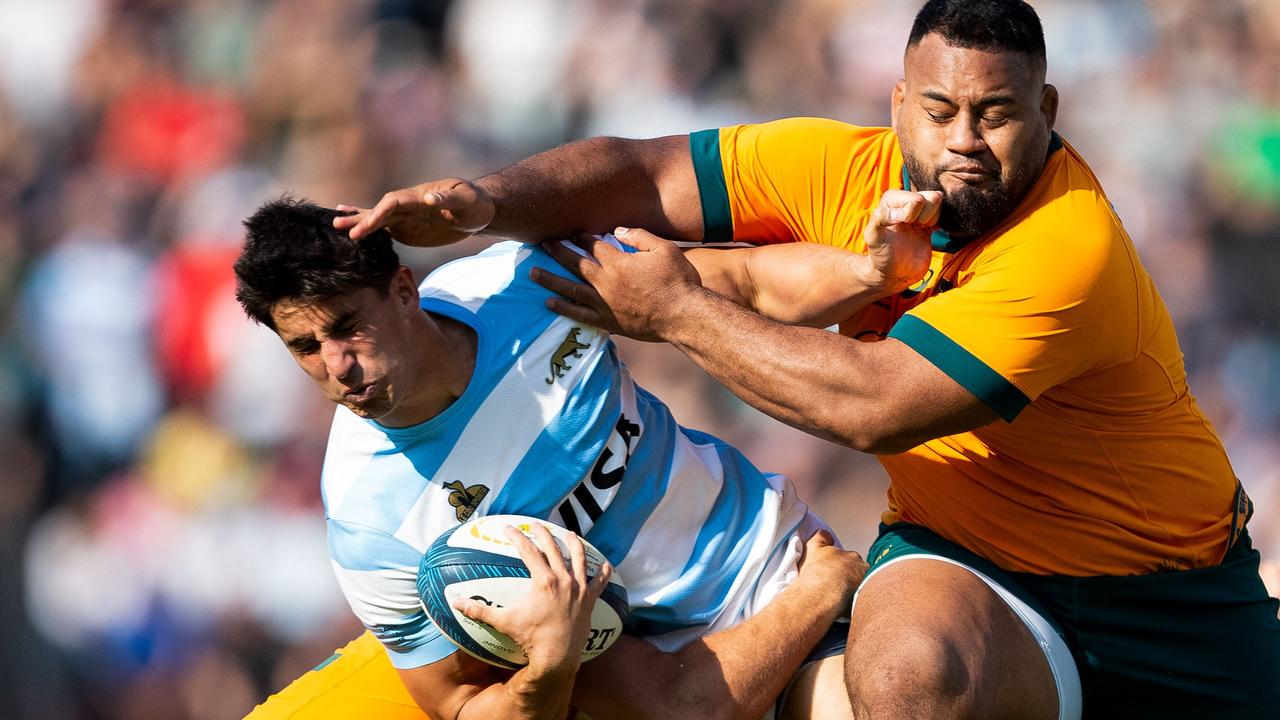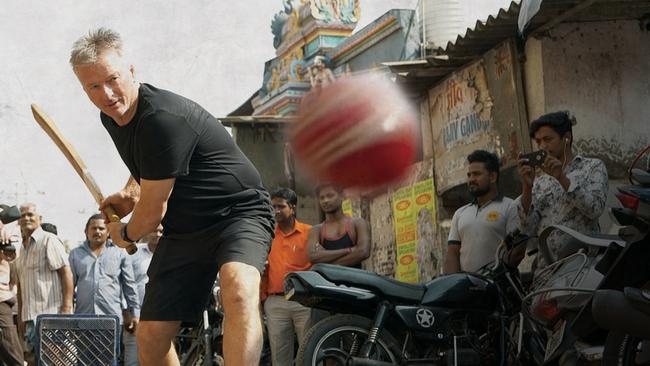
The final frontier, Steve Waugh called it. India has fascinated him ever since his fumble at the conclusion of the Chennai Test in 1986 allowed a scampered run for only the second tied Test in the history of the game. After that he admitted to a love-hate relationship with a country that is the most colourful, interesting and exasperating of all cricket’s destinations for the curious and open-minded.
Waugh, 55, was back there again recently, to search for and photograph what he calls the “spirit of cricket”, a journey that took him from the maidans of Mumbai to the foothills of the Himalayas. Along the way he celebrated India’s oldest living Test cricketer, a young prodigy, the first women’s cricket academy in the country in Dharamshala and the remarkable perseverance of blind and physically challenged cricketers.
The result is a stimulating book of photographs and musings on India, provoking questions of whether an empathy with and understanding of the culture of touring destinations helps performance. Not that everything in a sportsman’s life needs to be seen in the context of performance, but does it help to be curious and open-minded, or does it not matter? Can you be equally or more successful simply sheltering in your hotel room?
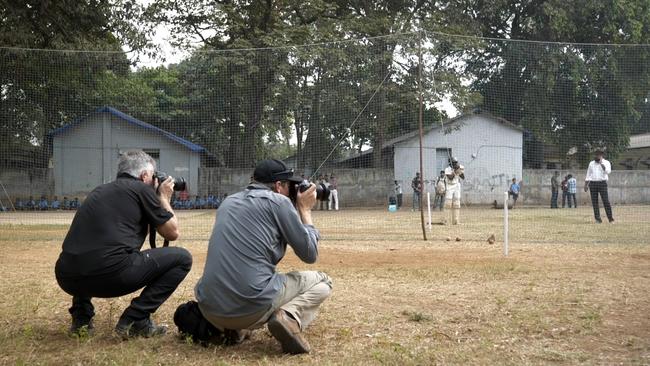
It is a question I have often pondered, without a clear conclusion. As a player, I was always in favour of embracing local culture; as a captain, I always encouraged it in my players. Now I’m not so sure: it undoubtedly helps to develop life skills, but does it help to alleviate stress and pressure and improve performance? I’m not sure. Each to their own.
Waugh was always one of the more adventurous, finding interests beyond the boundary. That said, his cricketing returns from India were thin: he never won a Test series there, played in only one winning Test match – he is quick to stress he played only nine Tests there in all, at a time when India was not as favoured a destination as it is now – and famously became unstuck at the hands of Rahul Dravid and VVS Laxman in 2001, when, as captain, he enforced the follow-on, only to get burnt by what he describes as “the best batting I’ve seen”.
We are chatting on Zoom — inevitably — before Australia’s marquee Test series at home to India, and around the launch of his book of photographs. As an old adversary I know Waugh favours straight-talking, so I ask him if Australia’s lack of success in India during his playing days was because of arrogance and a lack of humility. Conditions in the subcontinent demand that players and teams, no matter how good, bend to their unique rhythms. Was his Australia team prepared to do that? “I remember in 1986, we had no idea what we were getting into because no Australia side had toured India for at least 10 years.
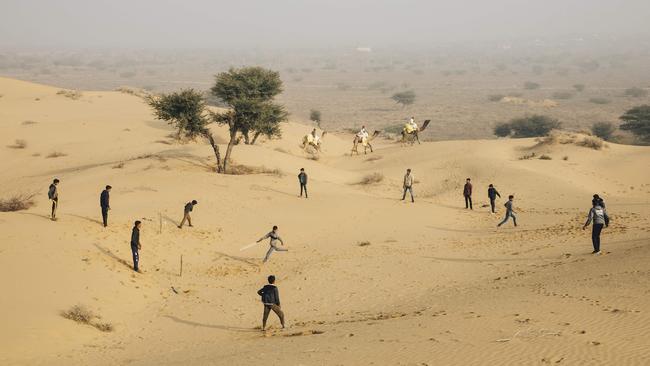
“So we’d only heard the horror stories, like, ‘It’s going be a horrible trip, you’re going to get sick, the umpires will be against you, the crowds are going to be shocking, the pitches are going to turn square …’
“When you go with that kind of mentality and something goes wrong, it gets magnified a hundred times over. You think the world is against you. In the 2001 series we believed we could win by playing aggressive, attacking cricket but we were stalled by that amazing partnership by VVS and Rahul, which is probably the best batting I’ve seen. But you’re right – there was probably that lack of respect and maybe more so the lack of understanding of culture.
“We’re pretty brash and in your face; India thought we were over the top and sledging and carrying on, and we thought they were time-wasting and playing up to the conditions. Once we got to know each other after those tours, I realised it’s just the way you are brought up and they were time-wasting because they were used to playing in 40-degree heat and had to conserve their energy.
“The players these days would have no idea what it was like to play there in the Sixties, Seventies or even Eighties. It was a tough tour but immensely enjoyable as well and you had great life experiences, lifelong memories, bonding with your teammates in adversity.
“These days you get straight to a brand-new airport, the roads and hotels are fantastic, you’re looked after well; you don’t get sick any more. You could be playing anywhere in the world.”
It cuts both ways, of course, as India’s players are well travelled too, and, especially in the quality of fast bowling, the nature of their cricket has been changing, better to allow them to compete abroad. After the Ashes (and bearing in mind there is little chance of India and Pakistan engaging in Test cricket right now) there is no bigger series than Australia v India. How does he think the absence of Virat Kohli will affect the tourists, and can a captain become too dominant, making his absence even more debilitating?
“We’re about to find out,” Waugh says. “Kohli is such a strong character, not just [in] his batting, he doesn’t back down to anyone; he’s aggressive and positive and a huge icon. Everyone looks up to him, even his own teammates, so he’ll leave a huge gulf when he goes.
“(Ajinkya) Rahane (the opener who will captain when Kohli goes on paternity leave after the first Test of the four-match series) is a very good cricketer and an underrated player.
“He’ll obviously have a different style to Kohli and that will be a challenge for the players to adapt to. He’ll be more relaxed and composed. It’s a real shame, though, because to win a series you want to play against the best possible opposition.”
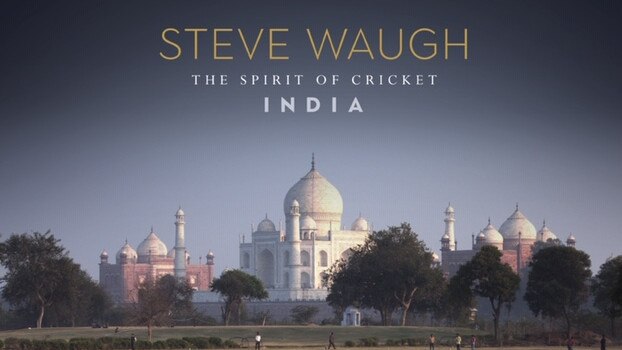
Waugh concedes, however, that nothing beats the Ashes for an Australian, a truth reaffirmed during the 2019 series when, in his role as a mentor, he went back into the dressing room for the first time since his retirement in 2004. “The Ashes is still the No 1, the series all Australian cricketers want to play in and want to win and next year’s Ashes series will be an outstanding duel.”
Back to the photographs: Waugh has picked out a couple of hundred from the thousands he took during an 18-day period in the company of Trent Parke, a former Australian Academy player turned photographer and the only Australian member of the Magnum co-operative, a renowned alliance of photographers. Parke improved Waugh’s knowledge of the mechanics of taking a good photograph, and the results speak for themselves.
I tell him I’ve been doing a series on photographs from the paper’s archive. What is his favourite cricketing photograph? He thinks for a minute and picks out a famous Patrick Eagar image of himself playing a forward defensive stroke at Lord’s in 1989, the series in which he really broke through as an international batsman.
“It wasn’t a dangerous delivery – Graham Gooch was bowling – and it was a regulation shot, the forward defensive, but he captured something in that photograph. It was the turning point of my career and you see in that shot I was in total control, relaxed, confident and composed. And he got that moment where I felt I suddenly belonged.” The master capturing a master.
(The Spirit of Cricket – India is available fromwww.stevewaugh.com.au)
THE TIMES


